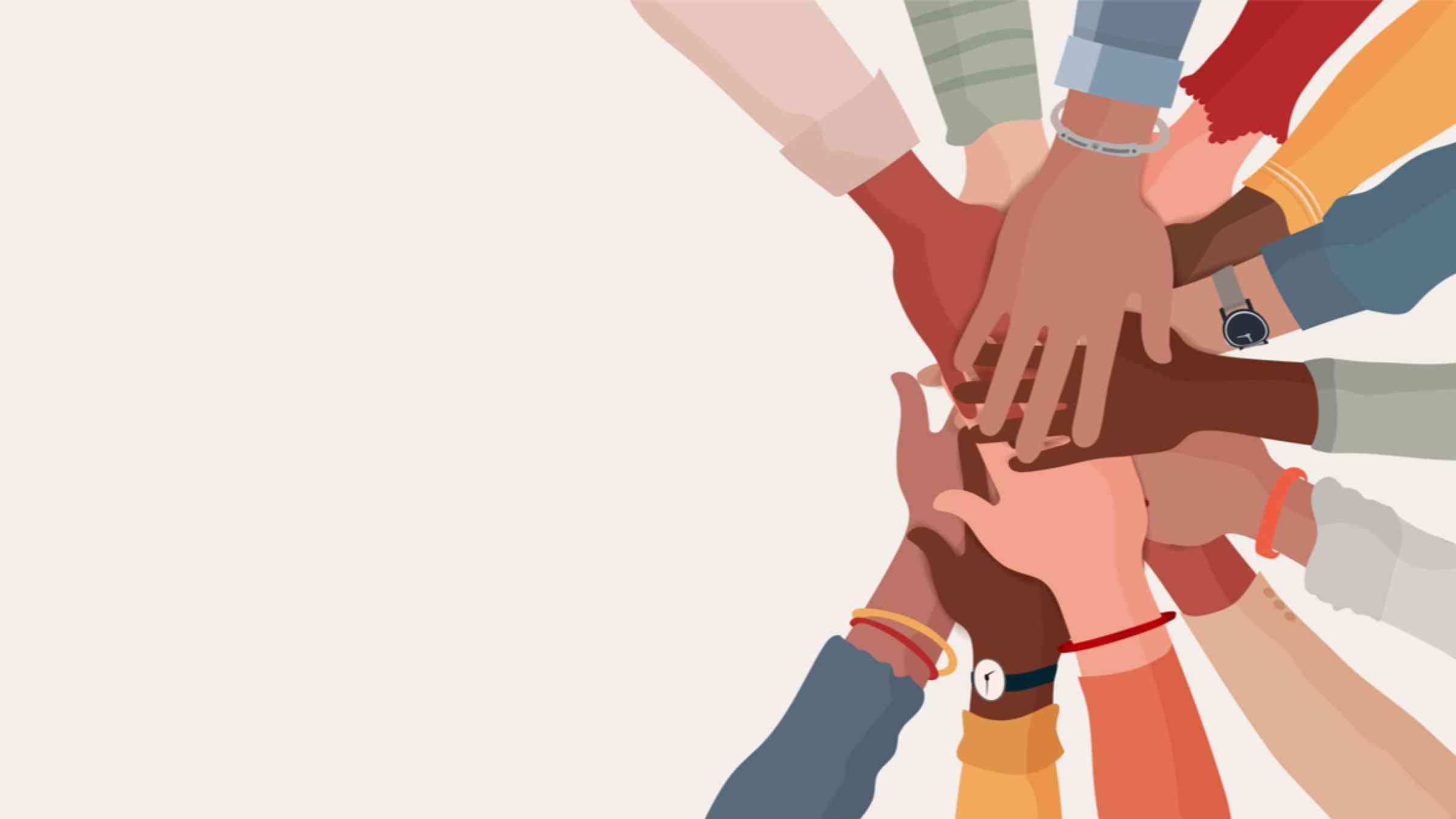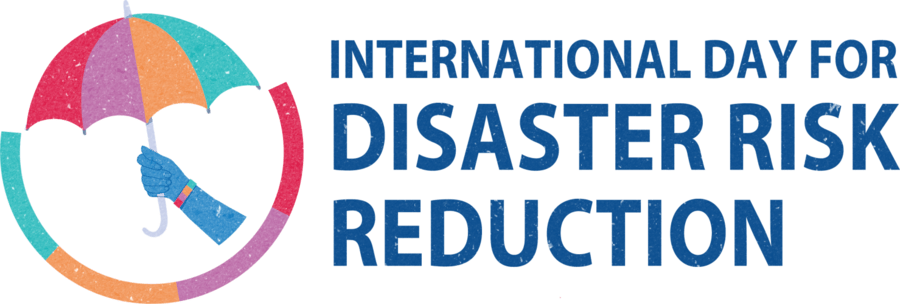Only together can we make true progress towards a safer and more resilient planet

Message of Mami Mizutori, Special Representative of the UN Secretary-General for Disaster Risk Reduction
It has become very clear over the last twelve months that international cooperation to developing countries is not keeping pace with the rise in extreme weather events and the tragic impact of the COVID-19 pandemic.
This lack of solidarity with nations that have contributed least to creating the climate emergency and that lack the resources to vaccinate their populations in good time, is an issue that the UN Office for Disaster Risk Reduction wants to draw attention to on 13 October, the International Day for Disaster Risk Reduction.
At the same time, we also want all concerned to highlight on the Day what works well when it comes to this important target of the Sendai Framework for Disaster Risk Reduction.
International cooperation can have a powerful influence on reducing disaster losses in countries struggling to eradicate poverty. It can bring vital support to low income countries struggling to implement their national strategies for disaster risk reduction.
There are many good examples of development assistance helping to reduce loss of life by supporting multi-hazard early warning systems, restoring protective eco-systems, building flood defenses and cyclone shelters, to mention a few.
International cooperation is essential for the success of the COVAX initiative to ensure equitable access to vaccines and to avoid the emergence of deadly variants of the coronavirus.
UN Member States were absolutely right to include international cooperation to developing countries as one of the seven targets when the Sendai Framework was adopted in 2015.
Only together can we make true progress towards a safer and more resilient planet.
